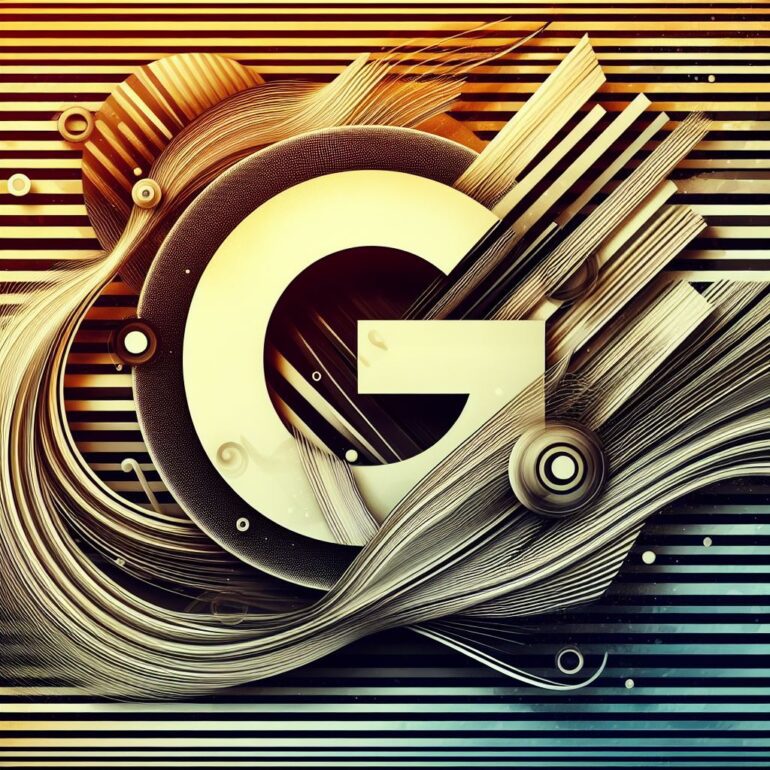TL;DR:
- Google introduced Gemini, a cutting-edge AI surpassing OpenAI and human experts.
- Gemini, a “multimodal” AI, excels in handling audio, photos, video, and text-based queries.
- Outperforms GPT-4 in 30 out of 32 industry benchmarks and achieves a groundbreaking win in the MMLU test.
- Gemini Ultra is set for a future release: Gemini Pro to power Google’s chatbot, Bard.
- Potential monetization with Bard Advanced subscription service.
- Gemini Nano is to be integrated into Android phones for offline use.
- Demonstrations showcase Gemini Ultra’s capabilities in homework assistance, object recognition, and problem-solving.
- Gemini outshines human software developers in coding competitions.
- Gemini will enhance Google’s software-writing platform, AlphaCode.
- Multilingual and multi-modal, with plans to expand beyond English.
Main AI News:
Google’s recent debut of Gemini, heralded as the pinnacle of artificial intelligence innovation, signifies a monumental stride in the quest to surpass human cognitive abilities. In a bold leap ahead of OpenAI and other industry contenders, Google has set a new standard with its “multimodal” AI.
Designed from the ground up to seamlessly handle inquiries encompassing audio, photos, video, and text, Gemini outshone every other AI counterpart. Remarkably, it surpassed OpenAI’s GPT-4 model in 30 out of 32 prominent industry benchmarks, a testament to its exceptional prowess.
Most notably, Gemini achieved a milestone by outperforming human experts in the Massive Multitask Language Understanding (MMLU) test, marking a watershed moment in the evolution of artificial intelligence.
While the pinnacle of this innovation, Gemini Ultra, is slated for release next year, Google is primed to integrate an intermediate version, Gemini Pro, into its free chatbot, Bard. Bard Advanced, fueled by Gemini Ultra, could potentially introduce a paid subscription model, though specifics remain under exploration, as stated by Sissie Hsiao, Vice President overseeing Assistant and Bard at Google.
Furthermore, a scaled-down iteration, Gemini Nano, is set to make its debut on Android phones, starting with Google’s Pixel 8 Pro. This development will empower users to pose complex voice, video, photo, and written queries directly on their phones, even without an internet connection.
At a global launch event, Google showcased Gemini Ultra’s extraordinary capabilities, which previously relied on human intervention. In a captivating demonstration, the AI effortlessly interpreted and corrected a child’s physics homework, delving into intricate details that surpass the typical parental expertise.
Another striking instance involved the AI identifying and associating two seemingly unrelated objects—an orange and a fidget spinner—by revealing their common trait: a “calming” effect. Eli Collins, Vice President of Product at Google DeepMind, emphasized Gemini’s remarkable precision and its reduced propensity to “hallucinate” when compared to other AIs.
The AI’s proficiency extended to deciphering complex join-the-dots puzzles, even preemptively identifying the subject, and predicting outcomes of simple sleight-of-hand tricks. However, Google emphasized that Gemini’s utility extends beyond homework assistance and entertainment, particularly showcasing its dominance over human software developers in coding competitions.
Starting immediately, Gemini will drive Google’s software-writing platform, AlphaCode, offering solutions to nearly twice as many problems as its predecessor. The AI’s versatility also extends to programming languages, boasting proficiency in over 100 human languages.
Despite its multilingual capabilities, Gemini’s initial language of operation will be English, with plans to expand its linguistic repertoire in the near future. With Gemini’s trailblazing capabilities, Google is forging new frontiers in the realm of artificial intelligence, with potential applications that are limited only by the imagination.
Conclusion:
Google’s Gemini AI represents a groundbreaking leap in AI capabilities, outperforming competitors and even human experts in various domains. Its adaptability and proficiency in multimodal tasks and coding suggest a transformative impact on industries ranging from education to software development, opening up new possibilities for innovation and automation.

